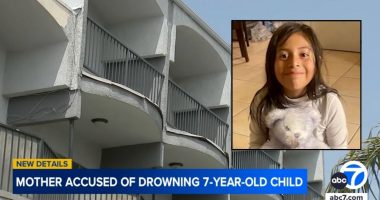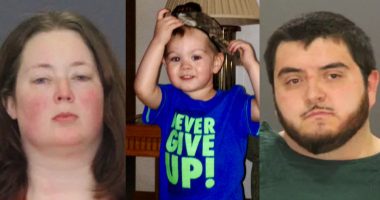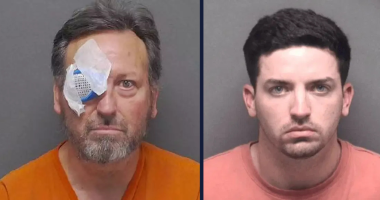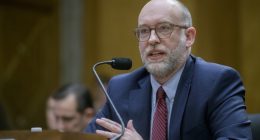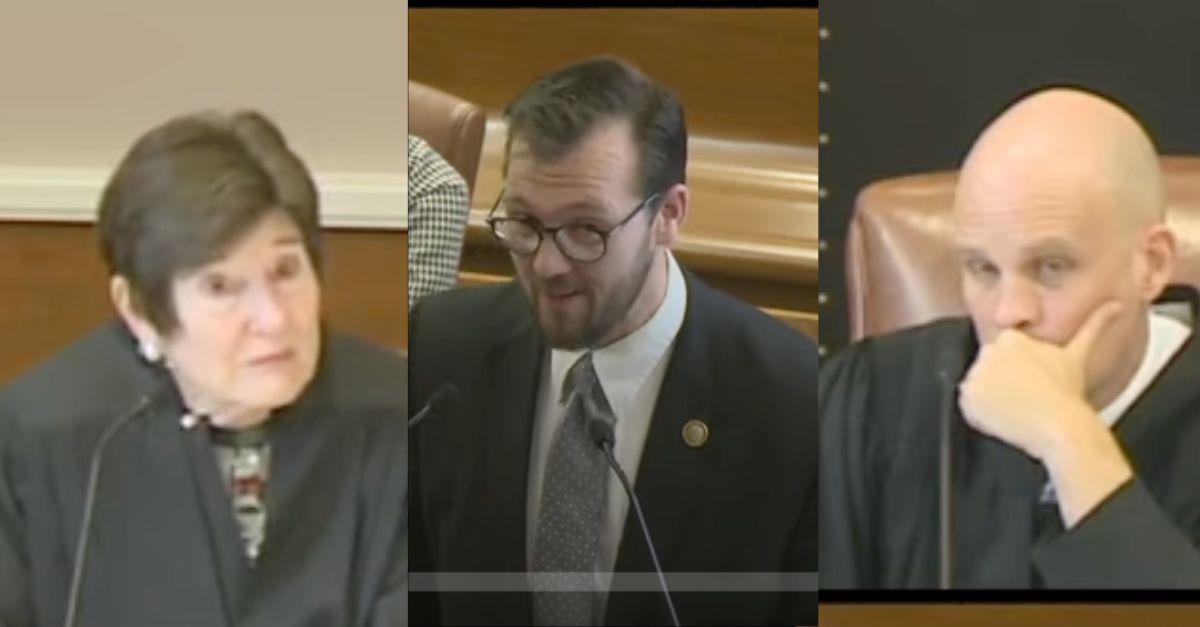
L-R: U.S. Circuit Judge M. Margaret McKeown, Acting Solicitor General Josh Turner, U.S. Circuit Judge John Owens. Not pictured: U.S. Circuit Judge Carlos Bea, who participated remotely. (Screengrabs via U.S. Court of Appeals for the Ninth Circuit.)
A lawyer for the state of Idaho Tuesday urged a federal appeals court to resurrect the state’s 2023 “abortion trafficking” law which makes it a crime to help a minor cross state lines for an abortion without parental consent.
Idaho prohibits nearly all abortions, with just a few narrow exceptions to save a mother’s life and for rape or incest that is reported to police. Border states Washington, Oregon and Montana all protect the right to have an abortion.
Idaho’s HB 242 creates the crime of “abortion trafficking” as follows:
An adult who, with the intent to conceal an abortion from the parents or guardian of a pregnant, unemancipated minor, either procures an abortion, as described in section 18-604 Idaho Code, or obtains an abortion-inducing drug for the pregnant minor to use for an abortion by recruiting, harboring, or transporting the pregnant minor within this state commits the crime of abortion trafficking.
Lawyer Lourdes Matsumoto, who works with victims of sexual violence, and two advocacy groups challenged the law in a federal lawsuit last year and U.S. Magistrate Judge Debora Grasham ruled to block the law in November on the grounds that it violated the First Amendment.
Grasham said at the time that speaking, advocating, and fundraising to help individuals understand their reproductive options is “inherently protected speech.” Grasham struck down the law as an unconstitutional restriction on free speech and as unconstitutionally vague.
The State of Idaho appealed Grasham’s ruling and on Tuesday, Idaho Deputy Solicitor General Joshua Turner argued to a three-judge panel of the U.S. Court of Appeals for the Ninth Circuit that the state’s law is “unobjectionable.” Turner described the law as a restriction on “trafficking minors,” as it merely “prohibits strange adults from recruiting, harboring or transporting unemancipated minors within Idaho to procure an abortion.”
Turner’s take on the law was markedly different from that of the plaintiffs’ attorney Wendy Olsen. Olsen said HB 242 “seeks to criminalize an unclear amount of undefined assistance to minors” and amounted to “content-based regulation of free speech and expression,” since it “prohibits plaintiffs from saying things that the state disagrees with.”
The panel presiding over the case included U.S. Circuit Judges M. Margaret McKeown, a Bill Clinton appointee, John Owens, a Barack Obama appointee, and Carlos Bea, a George W. Bush appointee. McKeown and Owens were present in the courtroom during oral arguments, and Bea participated remotely.
During the proceedings, Owens took issue with Turner’s use of the word “trafficking.”
“I was a prosecutor,” Owens told the solicitor general. “I’m familiar with narcotics trafficking and arms trafficking. The statute is not talking about selling kids to have abortions, correct?”
Turner confirmed that the statute was about “movement of persons,” and not about selling abortions.
“Normally, ‘trafficking’ involves something for profit,” Owens responded.
“Not necessarily,” Turner said, unwilling to concede the point.
“Almost always,” Owens said, seemingly unconvinced.
Owens and McKeown also pressed Turner on the statute’s use of the word “recruit,” asking whether a high school counselor would be “recruiting” if they told a minor about legal abortions in states other than Idaho.
Turner responded that such conversation “may be” recruiting under the statute. Later, Turner also said that a person caught in a sting operation who intended to recruit a supposed minor for an out of state abortion, but where no abortion occurred and no minor was actually involved, could also be criminally prosecuted under the law.
“I have to say, there’s about 20 different definitions of ‘recruitment’ by the state of Idaho,” McKeown remarked.
Full oral arguments can be watched here.
The battle over Idaho’s “abortion trafficking” statute is proceeding in tandem with a similar challenge to an Alabama law which also seeks to criminalize providing assistance to those seeking to procure legal abortions outside the state.


